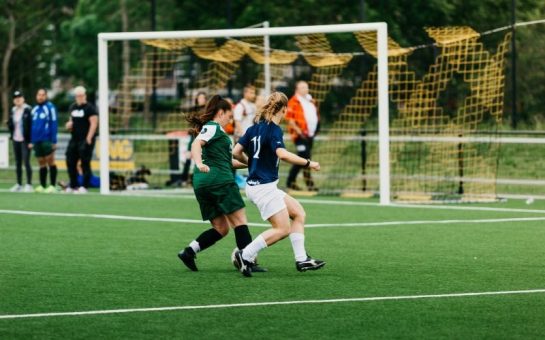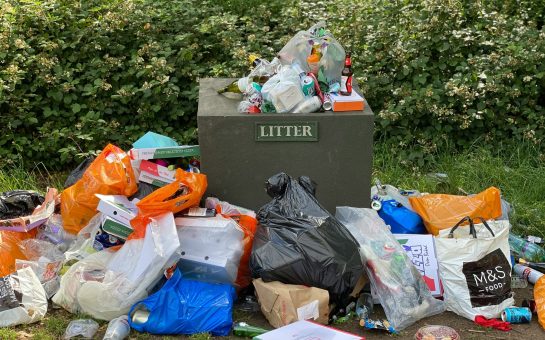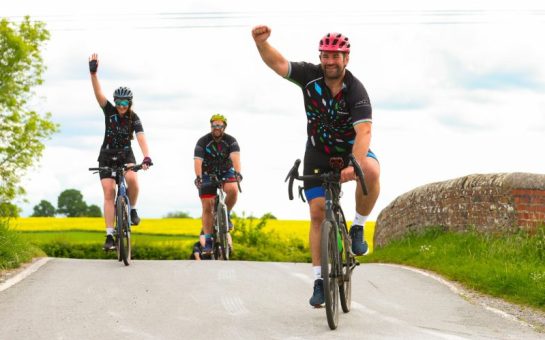Stonewall’s Rainbow Laces campaign returns this weekend as the battle against homophobia, biphobia and transphobia continues.
Football and rugby players up and down the country will wear rainbow laces to show support for those in the LGBT community.
Ben Biggs, chairman of Barnes-based Stonewall FC, the world’s most successful gay football club who are celebrating their 25th anniversary, believes the campaign is vitally important in order to continue the progress that has been made over the last few years.
“Rainbow laces can encourage participants from all across sports to show solidarity with LGBT participants all the way from grassroots up to the pro level,” he said.
“They can do what we at Stonewall FC have been trying to do but on a much bigger scale.
“The club was created from a group of players that had dipped in and out of mainstream teams but didn’t feel welcome to play in those teams.
“For us as a football club the seriousness with which we are taken has improved immeasurably.
“We were previously sponsored by Barclays and now we’re sponsored by Team Pride and we had our 25th anniversary party with Arsenal.
“These things were unimaginable 15-20 years ago let alone 25 years ago.”
A number of other south west London clubs, including Premier League team Crystal Palace, will also be taking part in the initiative after Stonewall research earlier this year showed that homophobic attitudes within football were still worryingly prevalent.
The research revealed that 72% of football fans have heard anti-LGBT remarks at games over the past five years and young people are twice as likely to say anti-LGBT language is harmless if it’s just meant as banter.
“What I found really interesting in that research is that it is younger people that hide behind and call it banter,” explained Biggs.
“One of the things rainbow laces is trying to highlight is that while you may consider it banter, and fairly benign, that does have a real impact on you if you’re a gay fan or a gay player.
“If the game is for everyone then you need all participants within that to feel welcome and not discriminated against.”
Homophobic abuse in football has been a topical discussion in recent weeks after Football Association Chairman Greg Clarke admitted in October that he felt personally ashamed that gay footballers still do not feel safe to come out.
He also believed abuse from the terraces had to be solved before any gay player did make the move to come out.
“From our perspective we feel it’s hugely welcome that you have the chair of the FA recognising that there is a problem and that there are barriers that exist to players coming out,” said Biggs.
“That’s something that’s not happened before and definitely not at that level.
“I think it would definitely be positive for a player to come out and definitely positive for the individual sport publicity wise.
“It would show that there was progress being made in the sport and football is the last major sport that hasn’t had that civilising opportunity yet.”
Feature image courtesy of Tom Brogan, via Flickr, with thanks




